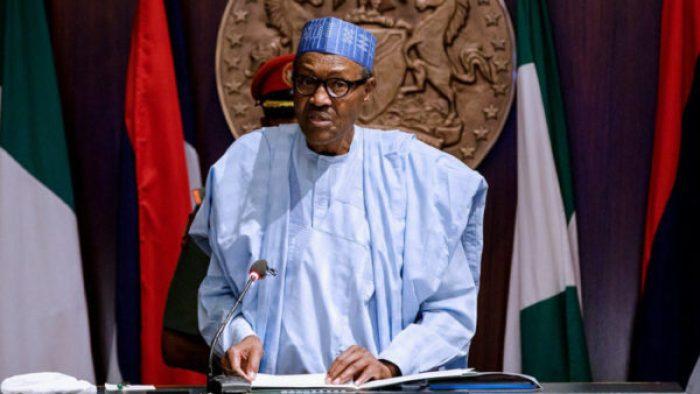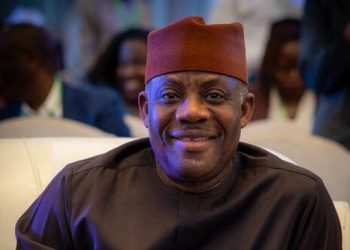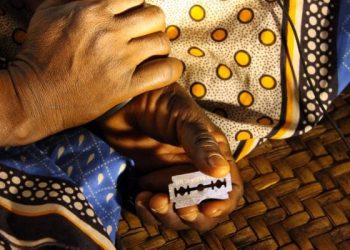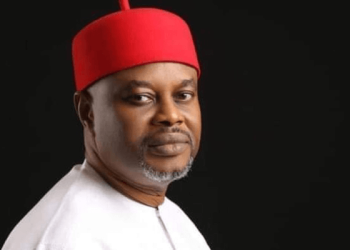The global anti-corruption watchdog, Transparency International (TI), in its 2018 Corruption Perception Index (CPI) rated Nigeria very low, despite the ongoing anti-graft crusade of the present administration. In the current report, Nigeria moved from 144th to 148th out of the 180 countries covered in the exercise while the United States dropped four notches out of the top 20 countries in the world.
Nigeria was ranked 148 in 2017 by the anti-corruption watchdog. Like in 2017, Nigeria scored 27 out of 100 points in 2018. TI cited over-bloated contract costs, abuse of security votes, and government’s reluctance to try some corrupt persons and others as reasons for the country’s poor rating. African countries did not fare well in the new report as only eight out of 49 African countries assessed scored more than 43 out of 100 on the index. Seychelles came first in Africa with a score of 66 out of 100. It was followed by Botswana and Cape Verde with scores of 61 and 57 respectively.
Cote d’Ivoire and Senegal are two sub-Saharan countries that significantly improved on the CPI. Cote d’Ivoire moved from 27 points in 2013 to 35 points in 2018 while Senegal moved from 36 points in 2012 to 45 points in 2018. African countries that experienced sharp declines in their CPI scores include Burundi, Congo, Mozambique, Liberia and Ghana. For example, in the last seven years, Mozambique dropped 8 points, moving from 31 in 2012 to 23 in 2018.
Some commonalities shared by low performing countries, the report noted, “include few political rights, limited press freedoms, and a weak rule of law. In these countries, laws often go unenforced and institutions are poorly resourced with little ability to handle corruption complaints. In addition, internal conflict and unstable governance structures contribute to high rate of corruption.”
Those at the bottom of the index include Somalia which scored 10 points and South Sudan (13). The report also revealed that with an average score of 32, the sub-Saharan Africa remained the lowest scoring region on the index. It was closely followed by Eastern Europe and Central Asia with an average score of 35. The TI report should serve as a wake-up call on the present administration to add more verve to its anti-corruption campaign. In fact, countries in Sub-Saharan Africa are expected to do more to curb corruption in the region.
Although Nigeria moved up four places, TI observed that there is no let up in the perception of the country as being highly corrupt. This development is disturbing in the face of the government’s anti-corruption posture.
It appears that all efforts geared towards curbing corruption have not been very effective. Therefore, government should reevaluate the anti-graft war strategies and correct noticeable lapses. Critics of the anti-corruption crusade have accused it of being selective and somewhat insincere.
Government should urgently address these problems. For the war against corruption to succeed, government must retool the war in all its ramifications. At the same time, the anti-graft agencies must be truly independent and seen to be so. Specifically, the Economic and Financial Crimes Commission (EFCC) should borrow a leaf from the US Federal Bureau of Investigations (FBI), especially in investigation of corruption cases. To achieve this goal, government must review the appointment and removal of the chief executive of the anti-graft agencies as well as their recruitment processes.
This, we believe, would remove the seeming government interference in the war against graft. Without doubt, these measures will make these agencies more effective and revamp the war against graft. To achieve best global practices, the anti-corruption agencies should emulate their counterparts in other countries in Europe and America that have successfully waged war against corruption.
We believe that fighting corruption should be a collective responsibility of all the stakeholders in the Nigerian project. Therefore, the Federal, state and local governments and indeed all Nigerians must work together to ensure that the anti-corruption war succeeds.














































